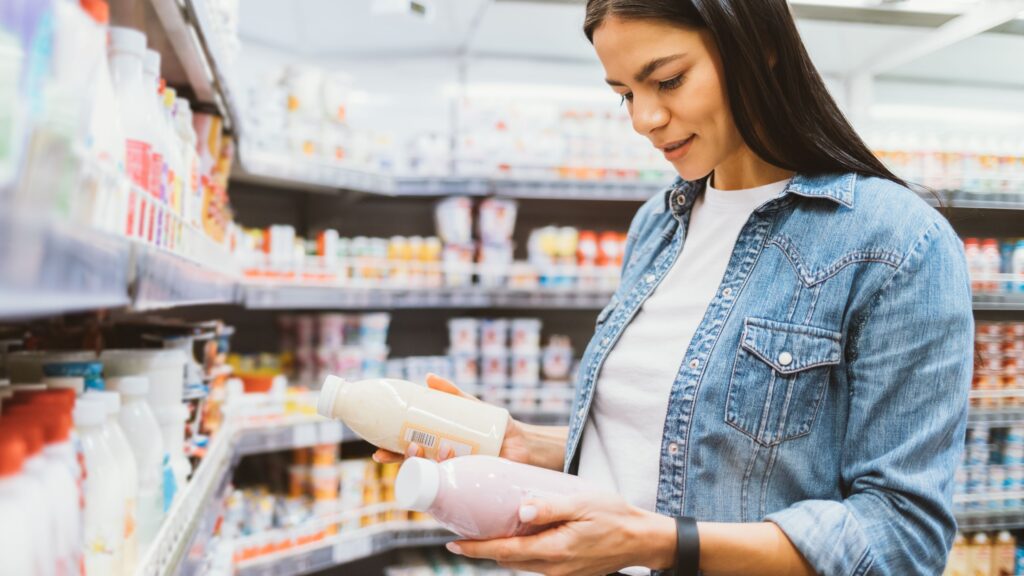FoodChain ID experts in Regulatory and Scientific Consulting offer global guidance to meet the evolving demands of the food and beverage marketplace.
United States Health and Human Services (HHS) Secretary Robert F. Kennedy Jr. has directed the U.S. Food and Drug Administration (FDA) to explore rulemaking that would eliminate the existing pathway for companies to self-affirm that food ingredients are safe under specified conditions of use. The current process, called Self-Affirmed GRAS (generally recognized as safe) dates to 1997 and allows companies to do their own testing and convene an expert panel for a determination that their products are safe to enter the U.S. market. GRAS is a notification process rather than an approval process. The alternative pathway is for a company to submit their safety data directly to the FDA for review. Currently, the FDA evaluates approximately 75 GRAS notices per year. Notifications to FDA are publicly available via the FDA’s GRAS Notice Inventory.
A company is not required to notify FDA of its self-affirmed GRAS status, and there is no public database listing self-affirmed GRAS ingredients. This lack of tracking and transparency is a concern for critics of the self-GRAS program.
The idea behind eliminating the Self-Affirmed GRAS process is to introduce only food ingredients that are safe as part of the Make America Healthy Again (MAHA) platform. HHS will need to work with Congress to close this “loophole,” and there will be many issues to resolve. For example, would previously self-GRAS ingredients be grandfathered or would they undergo a full FDA GRAS evaluation? There is the potential to exempt some categories of ingredients and for FDA to triage those that are a priority for review. While some experts are concerned about the potential dismantling of a system that has worked for several decades, others see the change as an opportunity to improve food safety and transparency for consumers.
Julie Holt, Director, Global Advisory Services

Julie Holt is a subject matter expert in the areas of food and beverage, additives, and regulatory strategy. She has beverage industry expertise and currently provides consulting support across multiple beverage categories. Ms. Holt has more than 25+ years of regulatory experience in the food and food ingredients industries and managed her own advisory firm, Scientific & Regulatory Solutions LLC, prior to joining FoodChain ID. As a consultant, Julie supported several food and beverage clients including a Fortune 50 company. Julie has provided global regulatory knowledge covering more than 200 countries.











